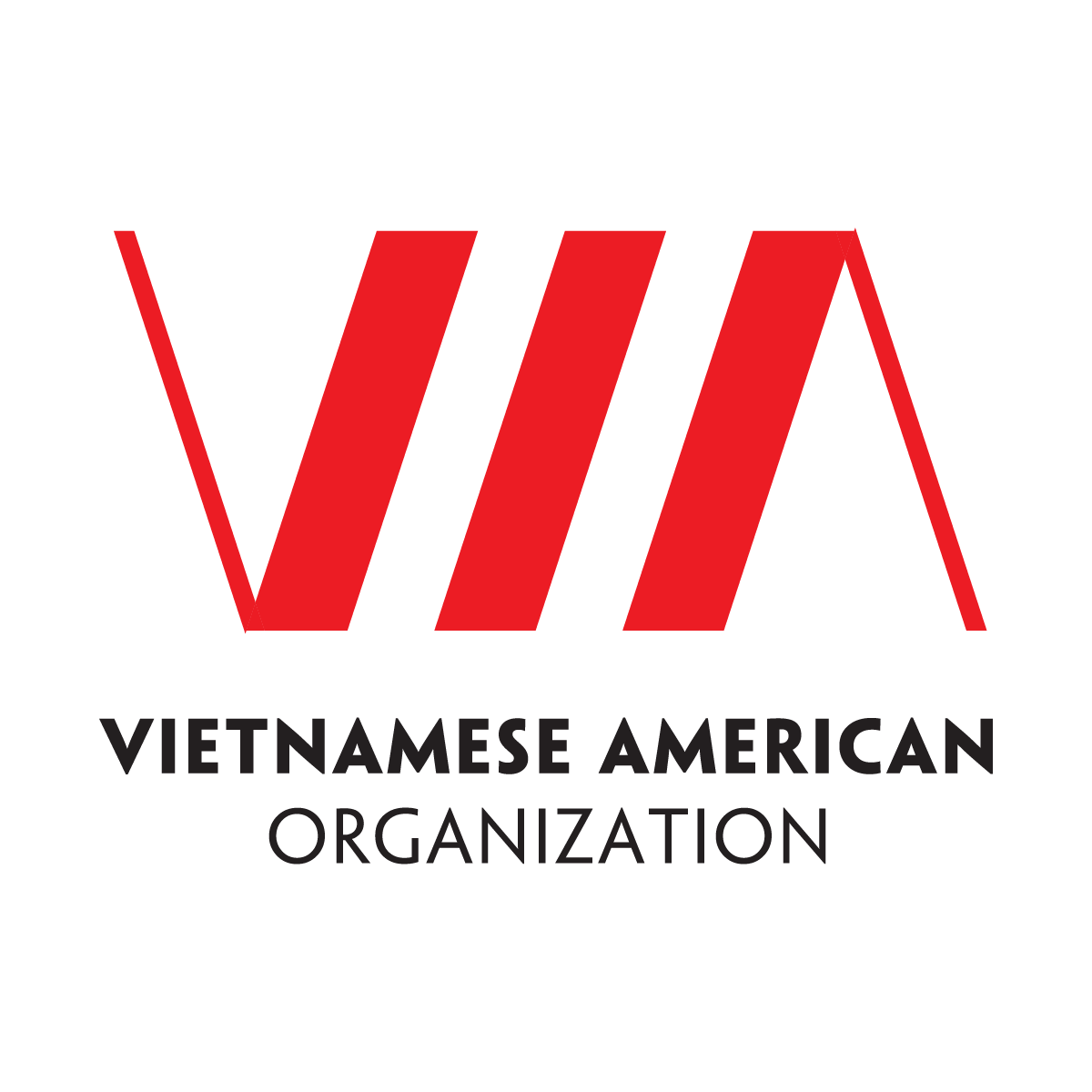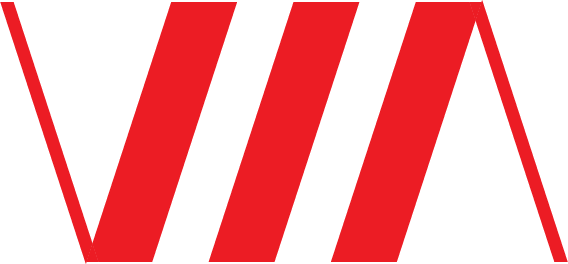issues
Economic inequity
The statistic from most recent Silicon Valley Pain Index or SVPI from San Jose State University (SJSU) reveals that 10% of Vietnamese Americans in Silicon Valley live in poverty, ranking second in poverty rates among all groups. 25% living 2x below the federal poverty level. This stark statistic highlights not only economic inequity but also the broader social inequities that exist within the community. Despite residing in one of the wealthiest regions in the nation, many Vietnamese Americans face significant social challenges, including limited access to essential resources, educational opportunities, and social services. This data underscores the urgent need for targeted efforts to address these disparities and promote greater equity and inclusion within the community.
The 2023 statistics paint a stark picture of economic hardship and housing insecurity in Silicon Valley. With 28% of households unable to meet their basic needs without assistance and 50% of renters burdened by housing costs exceeding 30% of their income, many individuals and families in the region face significant financial challenges.
The median price of a two-bedroom home sold in San Jose, California, was $828,800 (July 2024). This highlights the severe affordability crisis gripping the area, making homeownership increasingly unattainable for many residents.
The average annual income of service workers stands at $49,500, highlighting the struggle to make ends meet in a region known for its high cost of living. These statistics underscore the urgent need for comprehensive solutions to address housing affordability, income inequality, and economic insecurity in Silicon Valley.
Social inequity
Vietnamese Americans face a range of social inequities that impact their ability to fully participate in and benefit from society. One significant challenge is language barriers, which can limit access to critical resources such as healthcare, legal assistance, and social services. Language and communication barriers also affect educational opportunities, making it difficult for non-English-speaking students and their families to engage fully with the school system and succeed academically.
Additionally, there is a generational divide within the community, where younger, American-born Vietnamese often have different cultural experiences and expectations compared to their immigrant parents or grandparents. This can lead to tensions and misunderstandings within families and the broader community, especially in terms of cultural identity and values.
Social and civic marginalization is another issue, as Vietnamese Americans are often underrepresented in public offices and decision-making processes, which limits their influence on policies that directly affect their community. Cultural barriers further exacerbate these challenges, as traditional Vietnamese cultural norms may conflict with mainstream American practices, leading to social exclusion or misunderstanding.
These factors collectively contribute to the social inequities faced by Vietnamese Americans, underscoring the need for targeted support and interventions to address these disparities and promote greater equity within the community.




